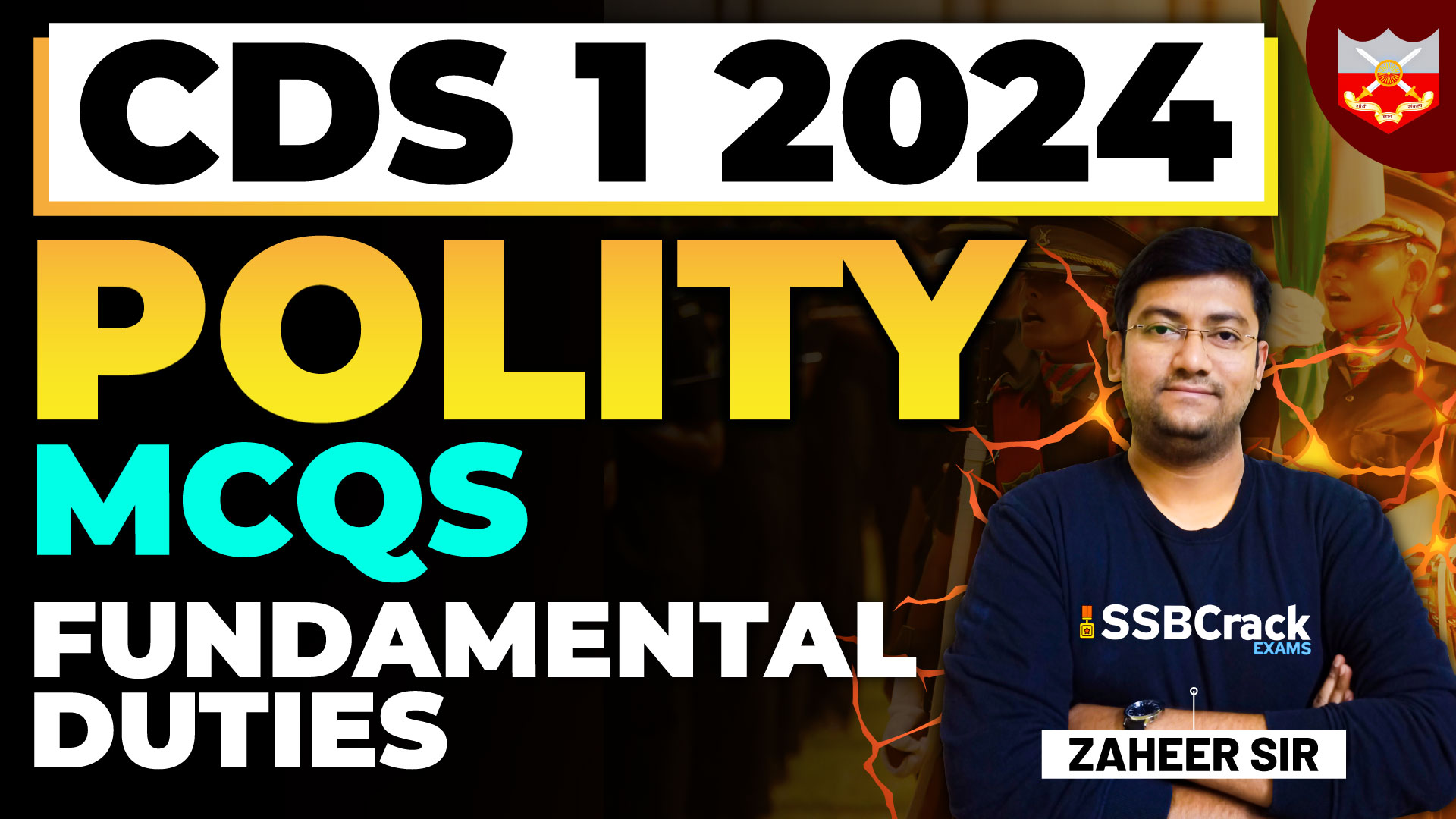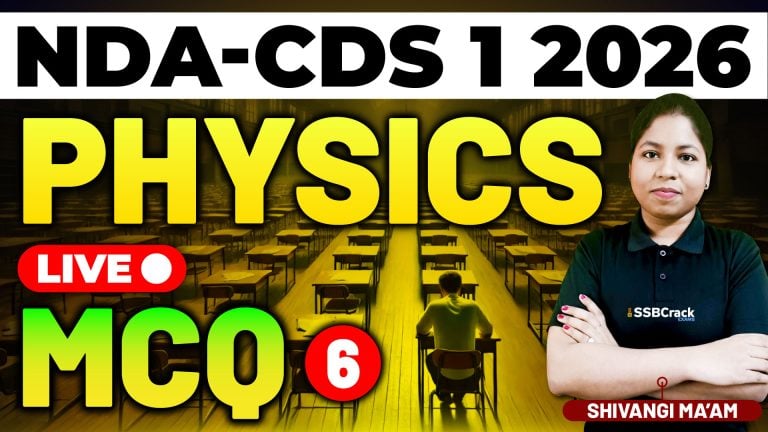In the realm of competitive exams like the Combined Defence Services Examination (CDS), thorough preparation is key to success. One often overlooked yet critical aspect of this preparation is understanding the nuances of Indian polity, particularly the Fundamental Duties outlined in the Constitution of India. As aspirants gear up for CDS 1 2024, a dedicated MCQs solving class focusing on Fundamental Duties holds immense importance in their journey towards cracking the exam.
The Fundamental Duties, enshrined in Part IV-A of the Indian Constitution, serve as guiding principles for citizens to uphold the integrity and sovereignty of the nation. While aspirants might primarily focus on subjects like History, Geography, and Current Affairs for CDS preparation, neglecting the understanding of Fundamental Duties could be a costly mistake. Here’s why:
- Holistic Understanding of Indian Polity: Indian polity is a significant segment of the CDS exam syllabus. It encompasses various topics ranging from the structure of government to constitutional provisions. Fundamental Duties are an integral part of this structure and understanding them provides aspirants with a holistic view of the Indian political system.
- Alignment with Defence Ethos: The profession of defence services demands a deep-rooted sense of duty, discipline, and commitment towards the nation. The Fundamental Duties resonate with these values, making it imperative for aspirants to internalize them. A class dedicated to solving MCQs on Fundamental Duties reinforces this alignment with the ethos of the defence services.
- Comprehensive Preparation: Success in competitive exams like CDS doesn’t solely hinge on rote memorization of facts but requires a comprehensive understanding of concepts. By engaging in MCQs solving sessions specifically focusing on Fundamental Duties, aspirants delve deeper into the intricacies of each duty, its significance, and relevance in the contemporary socio-political scenario.
- Scoring Edge: While the weightage of Fundamental Duties in the CDS exam might not be as high as other topics, securing a strong grasp on this subject can provide aspirants with a scoring edge. Oftentimes, questions related to Fundamental Duties appear in the exam, and candidates well-versed in this area can swiftly tackle such questions, thereby boosting their overall score.
- Enhanced Awareness and Citizenship: Beyond exam-oriented benefits, a thorough understanding of Fundamental Duties nurtures a sense of awareness and responsible citizenship among aspirants. It instills values of civic duty, social harmony, and respect for the Constitution, which are invaluable qualities for future leaders in the defence forces.
In conclusion, the significance of a dedicated MCQs solving class on Fundamental Duties for CDS 1 2024 aspirants cannot be overstated. It not only aids in exam preparation but also fosters a deeper connection with the core values of the defence services and reinforces the essence of being a responsible citizen of India. Aspirants should approach these sessions with diligence and dedication, recognizing them as stepping stones towards their goal of cracking the CDS exam and serving the nation with honor and distinction.
Fundamental Duties MCQs
Which One Among The Following Is Included In Article 51A Of Indian Constitution?
A) Fundamental Rights
B) Fundamental Duties
C) Directive Principle Of State Policy
D) Writs
Answer: B
Which one among the following committees recommended the legal provisions for the implementation of some of the Fundamental Duties?
A) Swaran Singh Committee
B) Thakkar Committee
C) Verma Committee
D) Iyyengar Committee
Answer: C
Which among the following is NOT a fundamental duty of a citizen?
A) Respect for the constitution.
B) Respect for the National Flag.
C) Respect for the National Anthem
D) Respect for the government.
Answer: D
The Fundamental Duties Of India Was Inspired By Which Of The Following Constitution?
A) USSR
B) Switzerland
C) Japan
D) China
Answer: A
Provide Opportunities For Education To One’s Child Or Ward Between The Ages Of Six And Fourteen Years. This Duty Was Added By The ______
A) 84th Constitutional Amendment Act, 2002.
B) 85th Constitutional Amendment Act, 2002.
C) 86th Constitutional Amendment Act, 2002.
D) 87th Constitutional Amendment Act, 2002.
Answer: C
For More MCQ’s On This Topic Refer To Above Video & Attached Pdf







